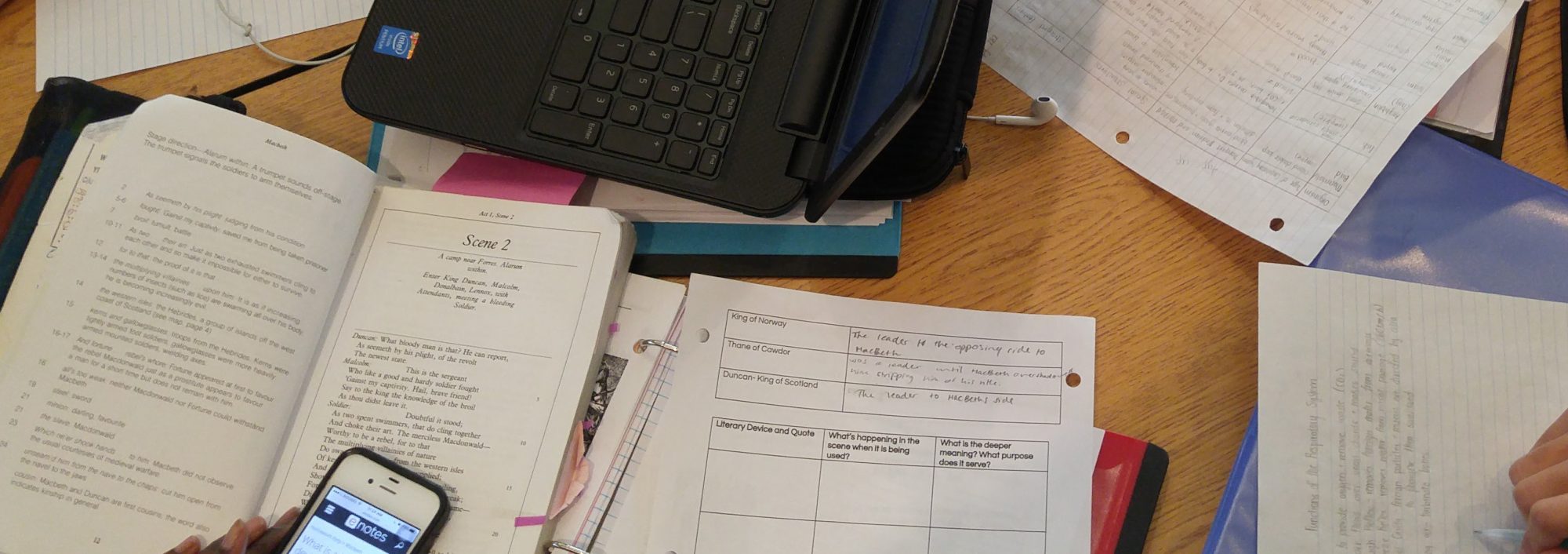 Since the last #PubPD topic on “Coding in the Classroom”, I have been thinking about my discussions with Andrew and Scott. You can review the Twitter chat archived on Storyfy by MapleSyrupEDU.ca
Since the last #PubPD topic on “Coding in the Classroom”, I have been thinking about my discussions with Andrew and Scott. You can review the Twitter chat archived on Storyfy by MapleSyrupEDU.ca
First a little about my experiences to establish my bias. I first learned to code in 1984. Our high school had recently acquired a handful of Commodore PET computers sharing a dual floppy drive and audio cassette media storage. It was on this device I learned to code in BASIC and coded an simple version of PONG.

As the technology evolved I learned to code in Pascal and COBOL. In 1988 I learned about FORTAN and SPSSx while utilizing new network protocols like gopher, telnet, listservers, usenet, and email. Now in 2016…I have no idea how today’s modern coding languages work. I tried to learn python but lost interest after a few weeks, it was to abstract. The only code I still regularly work with is HTML, CSS and CLI Linux commands. Not exactly the type of coding skills needed to make the next billion dollar app. However, it lets me function online and customize my server and website to reflect the “look and feel” I am trying to achieve. You could say I have moved away from being a coder and have become a code tweaker. I am not afraid to dive into code and modify it to suit my needs, but I lack the skills to create something new.
The importance of coding to me is similar to how I approach automobile maintenance.
Heavy discussion here. I do think everyone should learn basic coding, the same way everyone should know how to change a tire #PubPD
— Carlo Fusco (@mrfusco) July 13, 2016
I don’t know how to build a car but I can maintain it by changing the oil or changing a flat tire. These were skills I learned in automotive class in high school. I did learn to do more, but as cars became more complicated I am hesitant to go beyond these basic tasks. However, I can still tell if I am being overcharged for servicing and I can change my own tire if I get a flat.
Students should be given the opportunity to learn coding and what it takes to build simple programs. Not only will it introduce them to the skill, but many of the problems found in computer science will allow them to develop problem-solving skills.
Employers value the ability to problem-solve, process information, and be proficient with technology (Forbes). Coding forces us to think different than we would in an English class. The logic and sequential problem solving that it introduces will allow students to develop a different set of skills that can be utilized. This is not to say that those skills developed in English class are not valuable, they are just different but equally important. Coding and computer science will also likely be one of the top employment sectors when todays students graduate from college and university. According to code.org, more than 75% of computer science based jobs are unfilled in the United States and the statistics can be expected to be similar in Canada.
We need to do more for our students. We need to develop a coherent plan to provide students with a basic education in coding and computer science. It is a valuable skill that will provide students with more opportunities.
What do you think? Leave your comments below.

